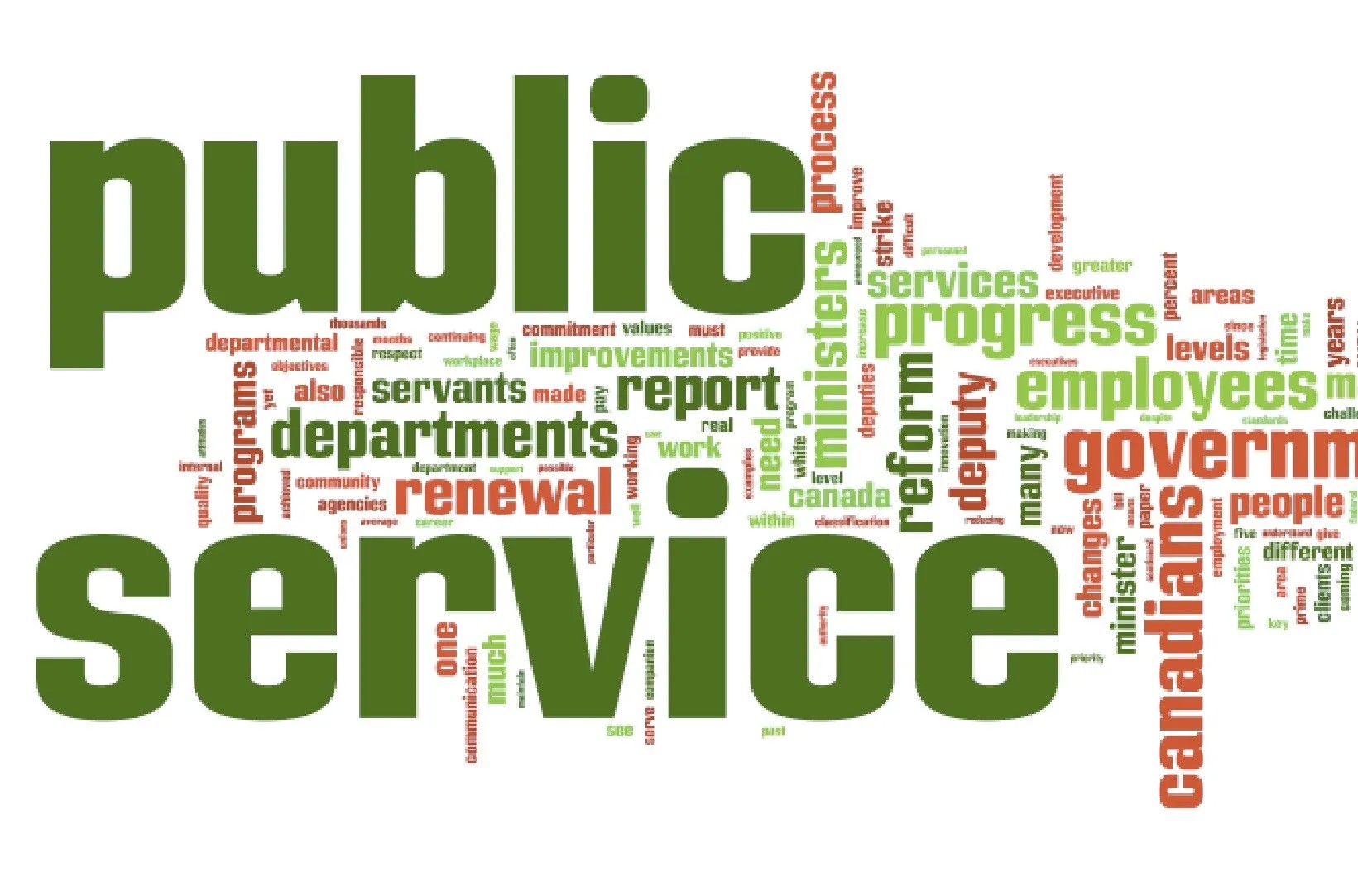 Somehow, the Nigerian economy has tottered and wobbled through the first half of year 2022 (January to June), with practically all the indicators exhibiting worrisome trends. Rather that abet, most challenges of the economy at the dawn of the year got exacerbated owing to many local policy-induced pitfalls and a number of exogenous happenstances. From all indications, the public sector borrowing spree—a hallmark of the government of the day—continued during the period under review, even with greater gusto. For the umpteenth time, the Bretton Woods institutions—the World Bank and the International Monetary Fund (IMF)—have raised alarm, alerting the government of the dangers laden in their policy initiatives and programmes.
Somehow, the Nigerian economy has tottered and wobbled through the first half of year 2022 (January to June), with practically all the indicators exhibiting worrisome trends. Rather that abet, most challenges of the economy at the dawn of the year got exacerbated owing to many local policy-induced pitfalls and a number of exogenous happenstances. From all indications, the public sector borrowing spree—a hallmark of the government of the day—continued during the period under review, even with greater gusto. For the umpteenth time, the Bretton Woods institutions—the World Bank and the International Monetary Fund (IMF)—have raised alarm, alerting the government of the dangers laden in their policy initiatives and programmes.
As the first half of 2022 ends, Nigerians have lost count of the sources and assortment of loans being taken by the Federal Government—with outstanding public debt now projected to hit about N50 trillion by the close of the year. More worrisome is the fact that about 90 per cent of government revenue is already going into debt servicing—leaving the government practically cash-strapped perpetually. Absence of local refining of Nigeria’s crude oil and total dependence on imported refined oil products (which implies and sustains the duplicitous fuel subsidy policy) drains the country of almost its entire export proceeds. From a mere N443 billion budgeted for fuel subsidy in the Federal Government’s 2022 Appropriation Act, the subsidy incubus now guzzles trillions of Naira. It is already being projected that fuel subsidy would gulp nothing less than N6 trillion by the close of 2022.
In a recent interview with Bloomberg’s Mike Cohen, President Muhammadu Buhari reportedly defended the fuel subsidy policy, saying: “My government set in motion plans to remove the subsidy late last year (2021). After further consultation with stakeholders, and as events unfolded this year, such a move became increasingly untenable. Boosting internal production for refined products shall also help.” The President went further to assure that “capacity is due to step up markedly later this year and next, as private players and modular refineries come on board.” Even with this assurances, the distortions and hardship already unleashed on Nigeria and Nigerians by the Buhari fuel subsidy regime are sure to linger. In the fiscal domain, the hard earned resources that would have been channelled into programmes that enhance the overall wellbeing of the people are rather ‘cornered’ to a cesspool of corruption and malfeasance that is the fuel subsidy process. The huge deficit projected in the 2022 Appropriation Act is being made to shoot through the roof by practically the indeterminate amount of money that is being pumped into fuel subsidy.
Already, according to the national oil company—Nigerian National Petroleum Company (NNPC), Nigeria has incurred an estimated petrol subsidy of N2.2 trillion in the first six months of this year. Indeed, burdened by the huge fuel subsidy bill, the NNPC is no longer able to meet its remittance obligations to the Federation Accounts Allocation Committee (FAAC). Available records show that the NNPC paid a whooping N327.06 billion as fuel subsidy in May, representing over 20 per cent increase from the previous month (N271.59 billion) and the highest on record this year. Indications are that the subsidy bill will be getting higher in subsequent months, given the impact of the exchange rate of the Naira in the foreign exchange market and the high price of crude oil in the global market as well as the rising landing cost of the imported petrol.
The NNPC’s inability to make obligatory remittances to FAAC means that Nigeria is not only paying subsidies with today’s crude oil earnings, it is borrowing against future incomes to meet up fuel subsidy obligation. Again, according to the NNPC, the value of shortfall on the importation of petrol recovered from May 2022 proceeds is N327 billion while outstanding balance carried forward is N617 billion. And so, “the estimated value shortfall of N845.15 billion is to be recovered from June 2022 proceeds due for sharing at the July 2022 FAAC meeting,” says the NNPC.
Unfortunately, in all the defences and explanations given by Mr President regarding fuel subsidy, nothing was said about Nigeria’s four giant refineries that have been shut down for long and left to lie fallow. Pray! Who says that a few ‘private’ refineries that are ‘expected’ to come on-stream later in the year will be able to reverse the damage done by the extant fuel pricing regime—PMS scarcity and discretionary prices in various parts of the country; prices of diesel that have gone up manifold and still rising; aviation fuel scarcity and its high prices that almost put all airlines out of business.
All these have translated into unimaginably high cost of transportation, consistent rise in the prices of all manner of consumable goods and services. In fact, rising cost of food items alone has pushed not a few Nigerians into penury and destitution. Thus, all through the first half 2022, inflation rate had spiked beyond every reasonable expectation—thereby rendering the disposable incomes of many a household inconsequential. From about 12 per cent earlier in the year, the consumer price index (CPI) as issued by the National Bureau of Statistics (NBS) stood at 17 per cent in May, with every indication that it will go higher in the remaining part of the year. This is because apart from policy-induced drivers of the rising inflation, many extraneous factors that push up the CPI are still very much at play.
The raging Russian-Ukrainian war and its impact on the prices of crude oil and global (import and export) trade generally is beyond the ken and purview of Nigeria. Indeed, because of the country’s peculiar challenges including oil theft, vandalism on oil facilities and other opaque practices in the oil and gas industry, Nigeria is no longer able to meet its allocated oil (production/export) quota by the Organisation of Petroleum Exporting Countries (OPEC)—of which it is a key member. Consequent upon these unique challenges, rather than reap the bounties or ‘windfall’ arising from the very high oil prices engendered by the war, Nigeria is practically getting impoverished. The controversial oil subsidy and humongous sums for public debt servicing have for all intents and purposes left Nigeria searching for funds/loans from all corners of the globe.
It is against this backdrop that the recently appointed acting Accountant General of the Federation (AGF), Chukwunyere Anamekwe, described as “worrisome” Government’s high level of borrowing to buoy budget shortfalls and pay salaries and wages, saying it was a “glaring evidence that the country is facing a huge financial crisis,” The acting AGF who spoke during a retreat by the Office of the Accountant General of the Federation for members of the Technical Sub-committee on Cash Management (TSCM) said: “We have to borrow to augment payment of salaries and wages…we are in difficult times, and government income is highly challenged.” And for making this “worrisome” truth public, the new acting AGF has since been relieved of his duties and ‘redeployed’ to one ‘obscure’ office in the Office of the Head of Service of the Federation.
In the face of these frightening realities, the backdrop of worsening insecurity in the land is even more unsettling. Variegated gangs of bandits, terrorists, brigands, kidnappers, ritualists and armed robbers keep ravaging practically every part of the country, with swathes of what is Nigeria reportedly seized and occupied by these ragtag groups. It is doubtful if this ugly situation will improve pretty soon. Also, contrary to Mr President’s optimism about more refined petroleum products later this year and a stabilising exchange rate, worse scenarios are more likely to play out. Nigeria is in the throes of a pre-election year and its deleterious implications are already impacting the economy. And truly, the closer the election time gets, the more havoc ‘desperate’ politicians are most likely to wreak on the economy—not only through ‘dollarisation’ but also likely sinister roles in ‘exploiting’ the deteriorating security situation countrywide.
Okeke, an economist, sustainability expert and business strategy consultant, lives in Lekki, Lagos.






